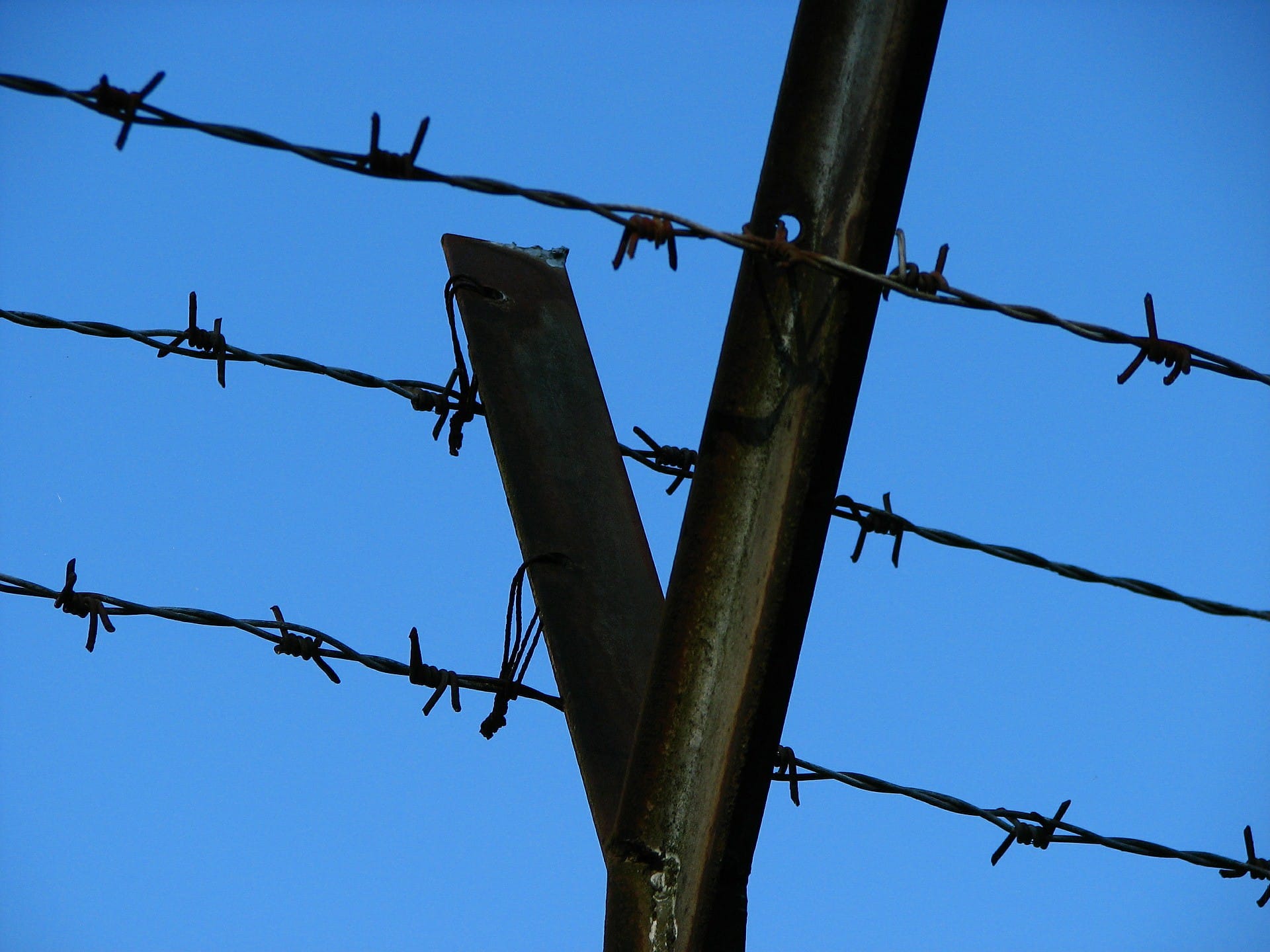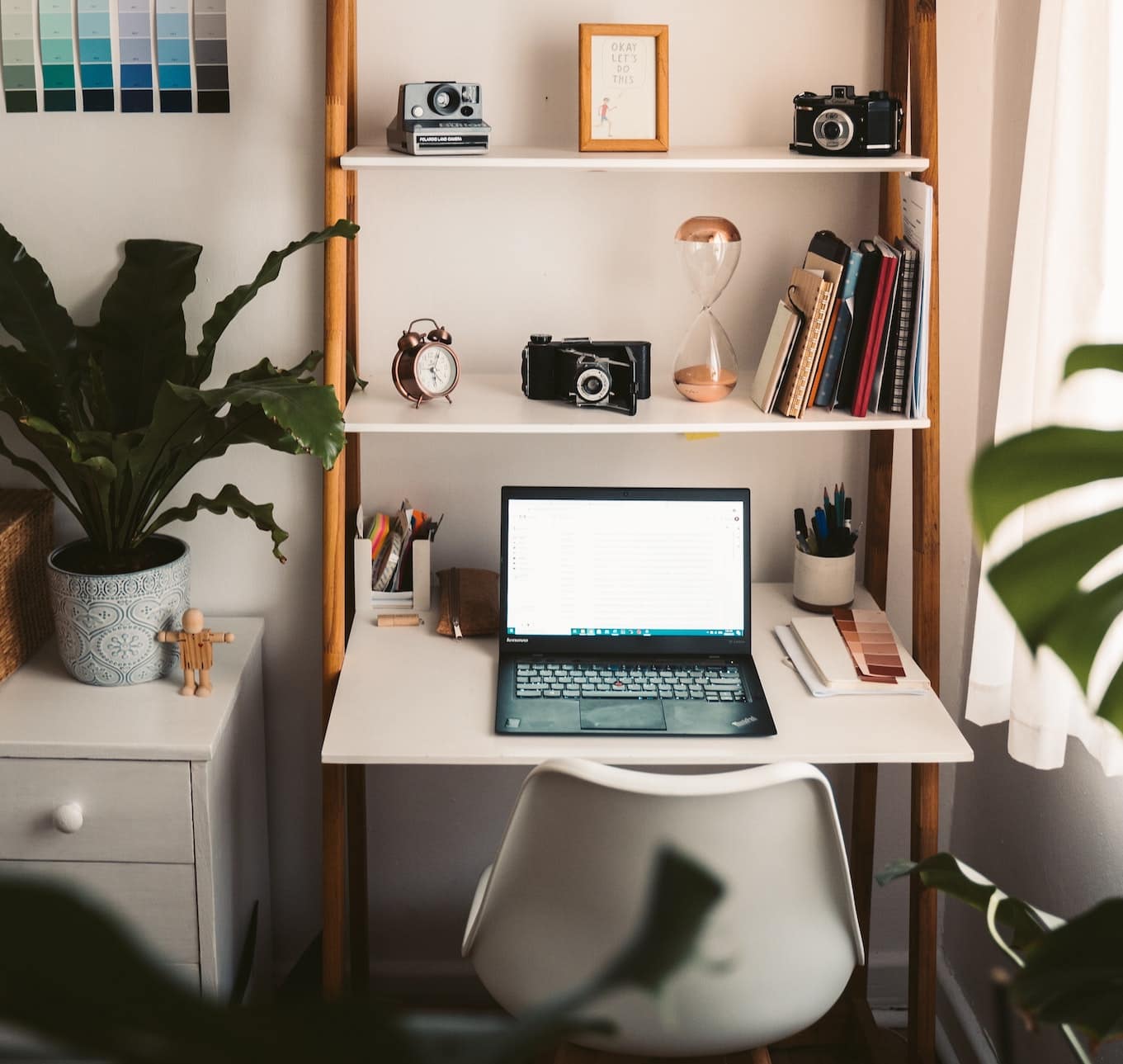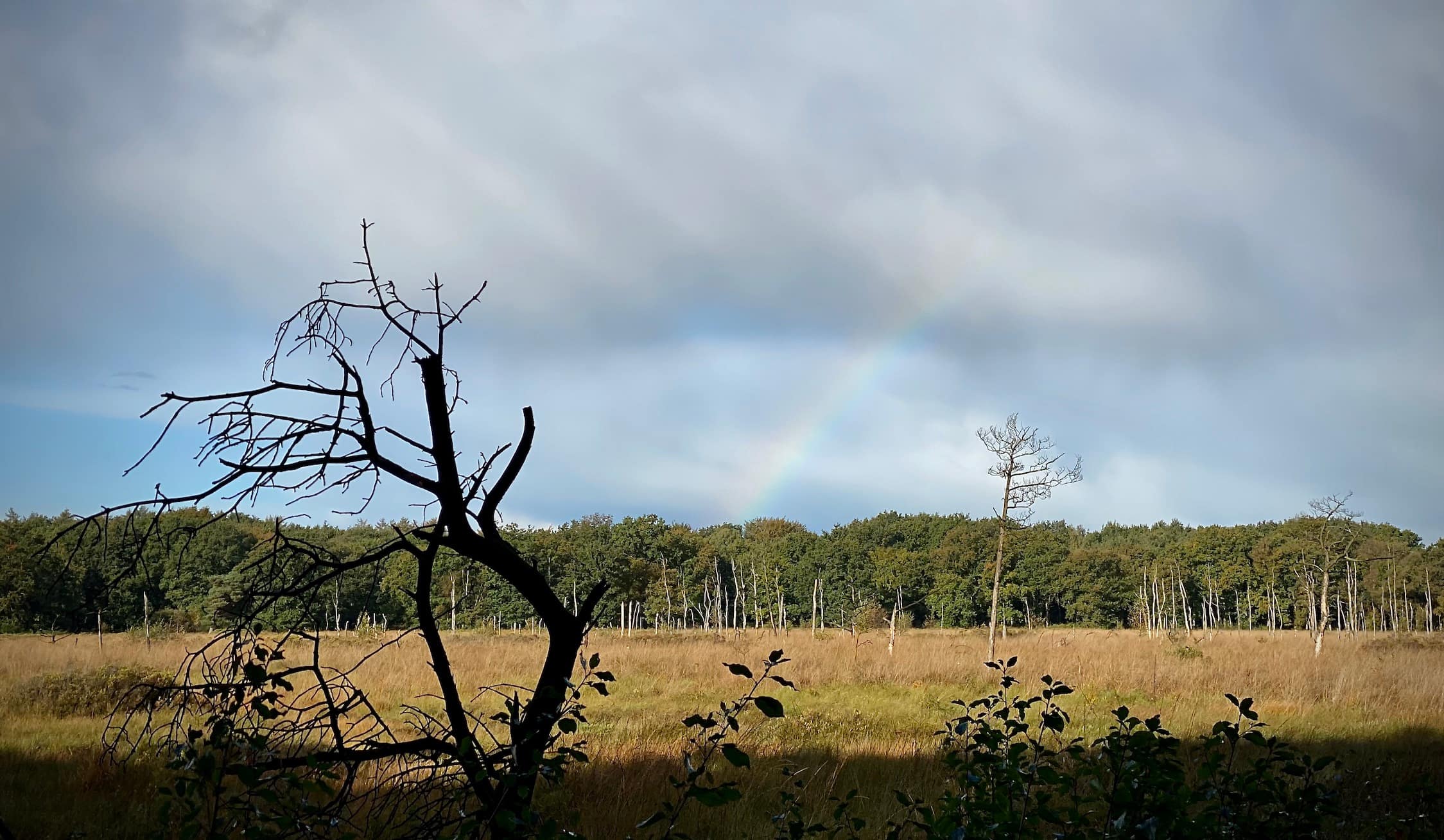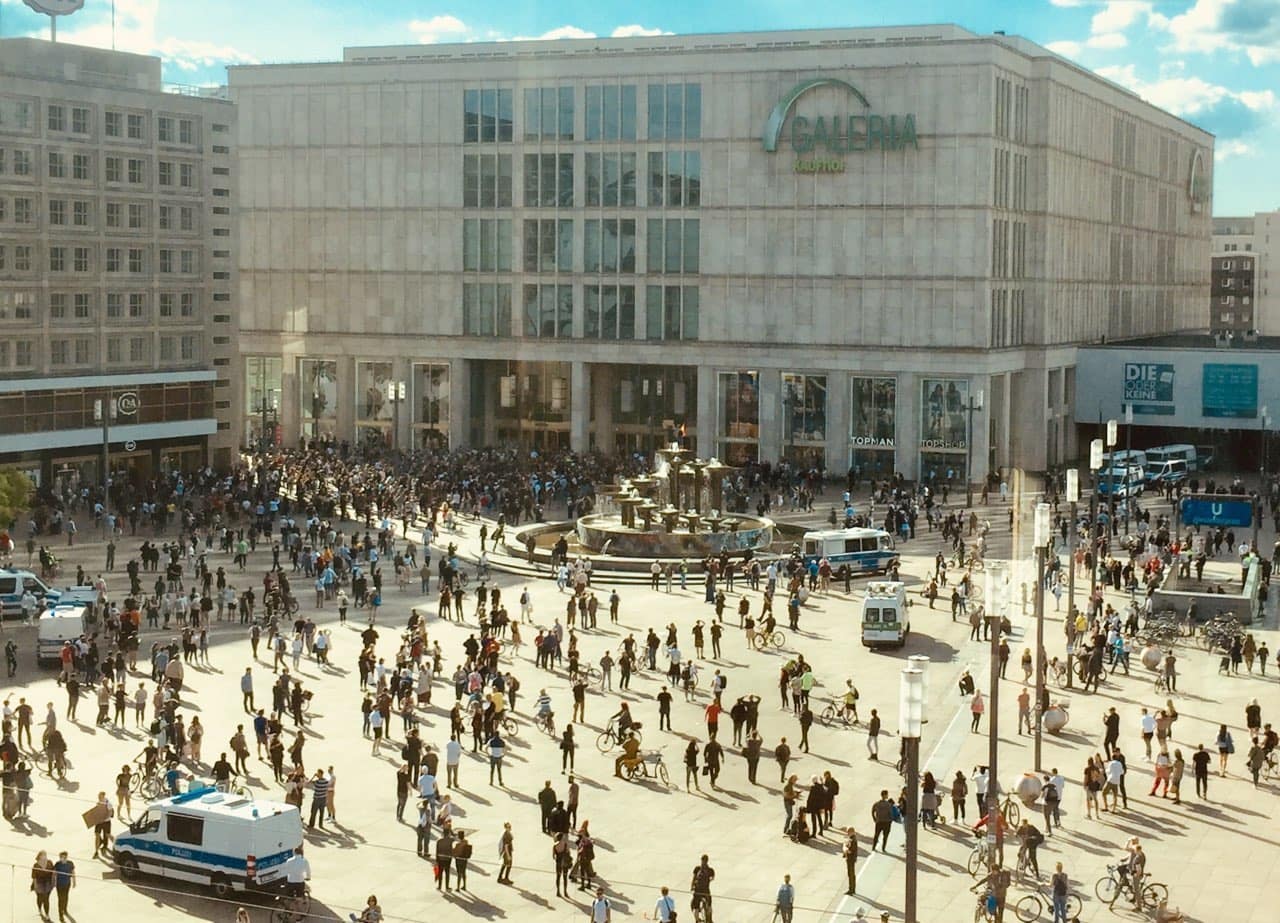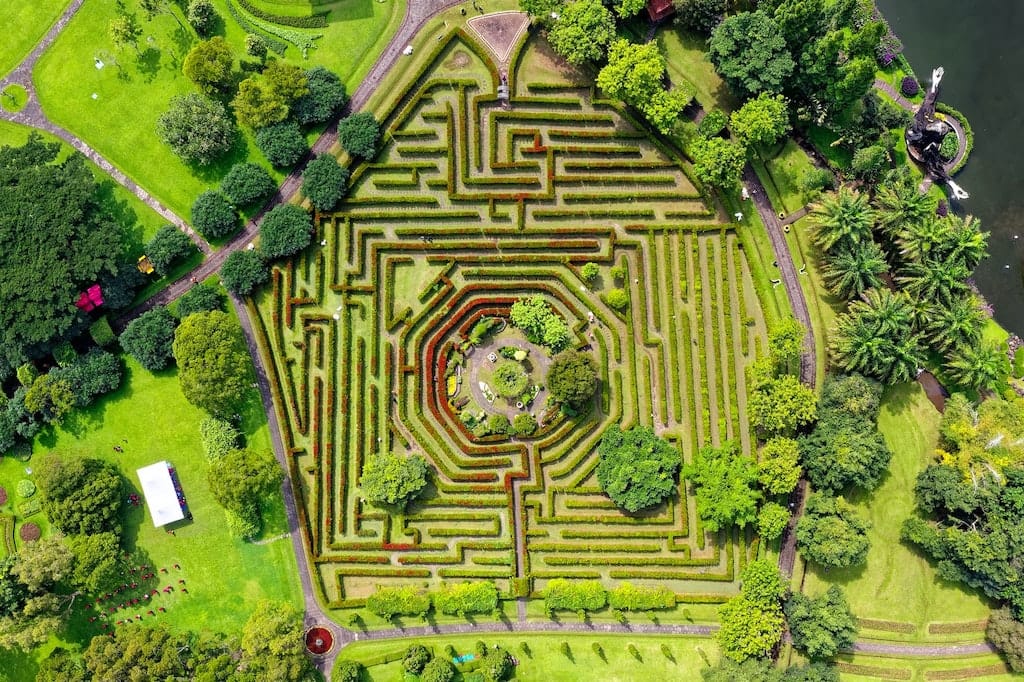“I am 30 years old, and I will finish my Ph.D in organizational psychology this summer. You can imagine that people frequently ask me about my career plans. Depending on the situation, I tell them different things. But the truth is: I have absolutely no clue!” Close to the finishing line of her PhD, Anne-Kathrin Kleine shares her view on career goals.
Two years into the pandemic university staff at all levels have invested a lot of time and energy in transitioning to online teaching, supervision, and virtual work. YESS BSS surveyed early career researchers to learn more about their concerns. They suggest improvement could be made in offering support, reducing (or compensating for) teaching load, and considering career opportunities.
Some supervisors are wonderful, others can turn your working life into hell. Why do some employees put up with this? A recent model may provide the answer.
The COVID-19 crisis has affected all our lives, including our work life and well-being. How can you help yourself, colleagues and friends during these times? How can you avoid making it even worse? In this post, Iustina Armasu gives some evidence-based tips about what to do, and what to avoid.
Inspiration can be difficult to find, and even more difficult to hold on to. But is it even what we think it is? Eric Rietzschel explores the meaning of inspiration and its relation with creativity.
This blog post is about the dire effects of loss aversion in decision-making and serves as a quick guide on how to overcome this by preparing yourself to get out of your comfort zone to take on the challenges of entrepreneurship.
More and more people oppose the coronavirus measures, because they perceive them as threatening their autonomy. In this post, Anne-Kathrin Kleine explains how people’s sense of autonomy may be protected. The goals and stakes are clear: we want to stop the virus without running the risk of emerging from the crisis as a divided society.
Did you ever consider that innovation is a lot like romance? In this contribution, Iustina Armasu sheds some light on the journey of the creative idea – a guide to help you find “the one”!
Healthcare workers face high emotional demands at work, which are even higher during the current Corona crisis. Susanne Scheibe reflects on the role of age in maintaining well-being at work and notes that younger healthcare workers may be especially at risk for exhaustion.
After years of uncertainty, negotiations for Brexit are now moving to the next level. But will the negotiators involved manage to reach a mutually beneficial outcome? Kyriaki Fousiani explains why this is difficult, but not impossible.



